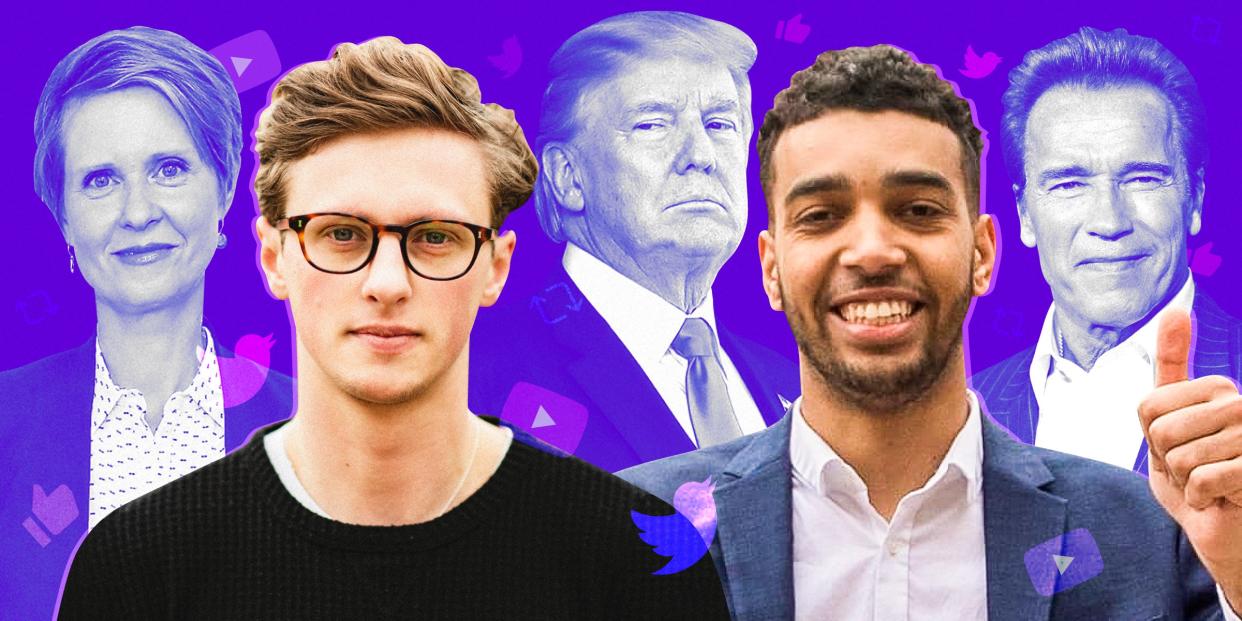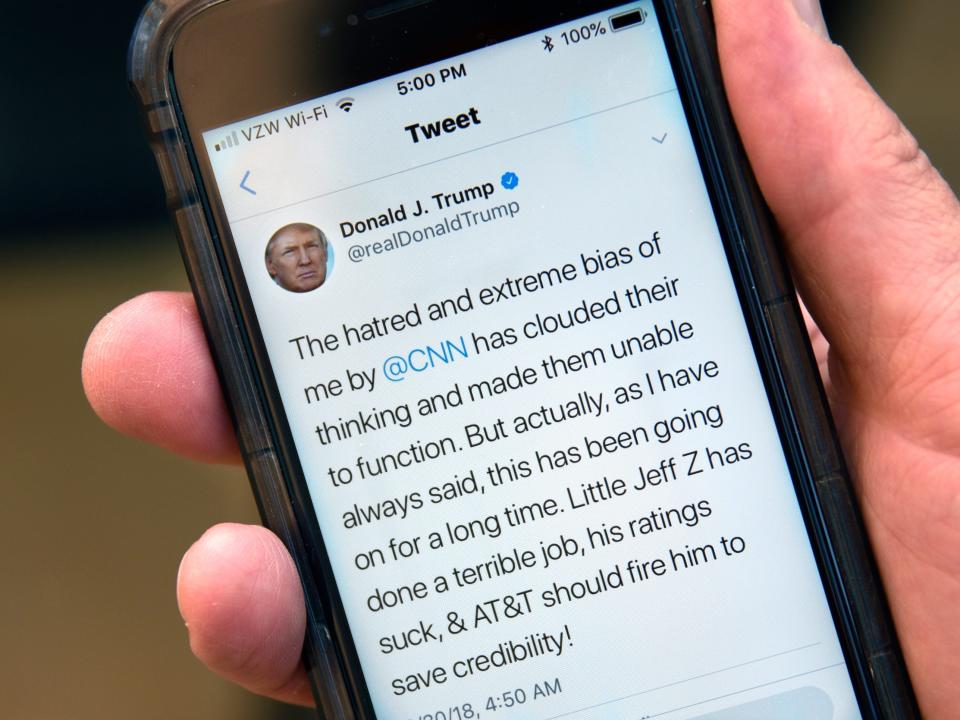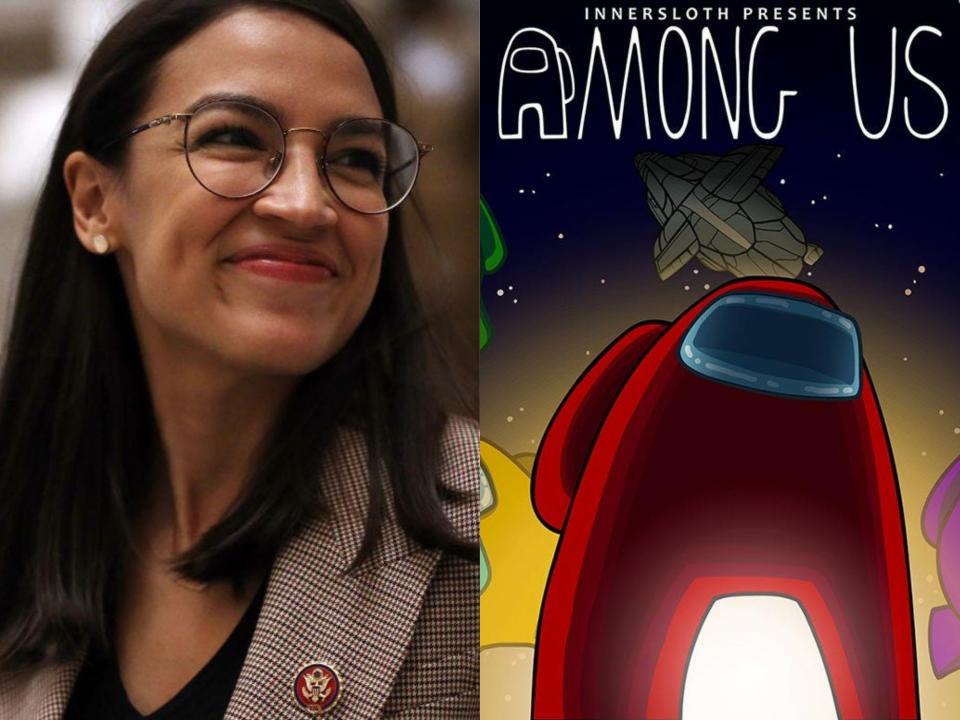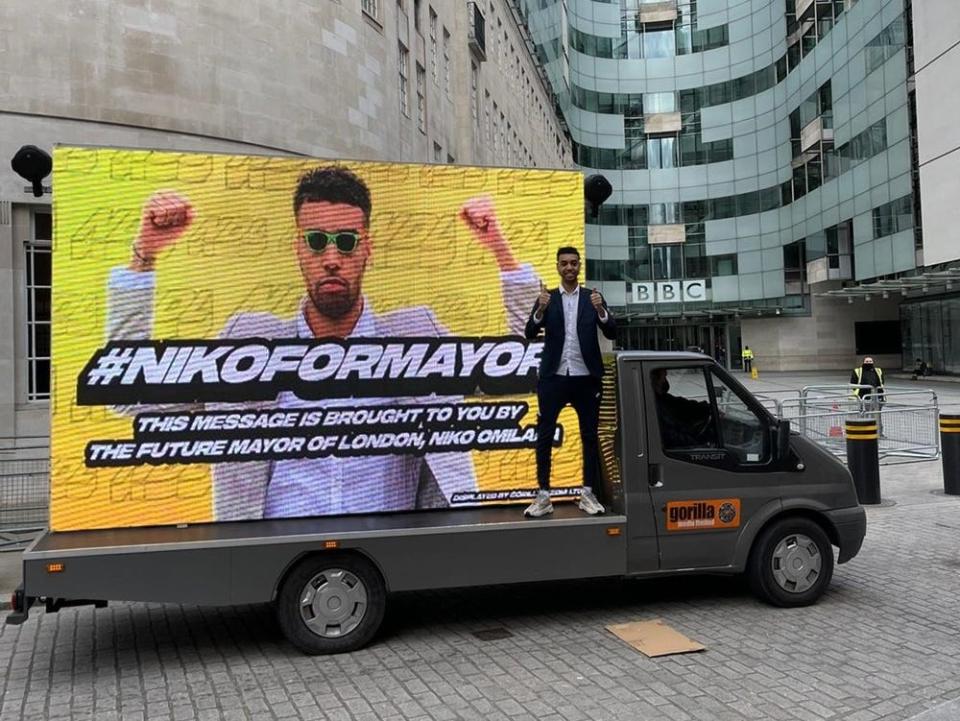YouTubers running for London mayor are using prank videos and trolling candidates to get votes, and the race follows a global trend

Two YouTubers are running for mayor in London. Max Fosh and Niko Omilana spoke to Insider.
Their bids for office follow decades of high-profile celebrities entering politics around the world.
Experts told Insider that social media fame is now hugely important in political elections.
Max Fosh, a 26-year-old British YouTuber, put his name in the ring for Mayor of London last month.
But in an interview with Insider, he admitted that he'd "make a terrible mayor."
The internet prankster, who has more than 418,000 YouTube subscribers, saw entering the London mayoral race as an opportunity to record pranks and, in turn, boost his online following.
Read more: 16 YouTube stars reveal the most money they've made from a single video
Fosh is joined in the crowded mayoral race by Niko Omilana, a YouTuber with 3.4 million subscribers. And according to recent polling from Savanta ComRes, a data company, for iTV, Omilana is currently holding the race's fifth spot.
Omilana has used his run as an opportunity to troll the press and create memes. But, unlike Fosh, he says he is taking his candidacy seriously. "I am not an influencer," the 23-year-old told Insider via email. "I am a very serious political candidate that should not be underestimated."
As the line between celebrity and politician becomes increasingly blurred, it's no surprise that influencers - who understand how to connect with an audience better than anyone - are getting political.
"Not only the field of politics, just about every field that social media has touched, is being redefined," Laeeq Khan, the director of the Social Media Analytics Research Team (SMART) Lab at Ohio University, told Insider. "There was a time when politicians were politicians, but today, there is an element of celebrity."
Name recognition is everything in politics
History shows that household names can offer political candidates worldwide a jump-start in the polls.
Former California Gov. Arnold Schwarzenegger, for example, stood out in a crowded field of candidates thanks to his high-profile career as a bodybuilder and Hollywood stardom. His unrivaled name recognition trumped his lack of political experience, making him the eventual winner in the 2003 California gubernatorial recall election.

Schwarzenegger's success has parallels to former US President Ronald Reagan's successful campaign for California governor and, in turn, his landslide presidential victories in 1980 and 1984.
Name recognition continues to play an outsize role in politics worldwide. Emmy, Grammy, and Tony-winning actor Cynthia Nixon launched an unsuccessful but high-profile bid for New York governor in 2018. She ran knowing that her celebrity status would attract media coverage and stimulate the conversation on liberal issues, TIME reported in 2019.

Matthew McConaughey, who has not officially announced a bid for office, is currently polling ahead of incumbent Gov. Greg Abbot in Texas. Despite voters knowing little about his platform or which party he would run with, a Dallas Morning News and the University of Texas at Tyler poll of 1,126 registered voters finds him with a 12-point lead over the state's incumbent governor. Andrew Yang is also benefiting from high name recognition in New York City's Democratic mayoral primary.
Polling consistently shows that an incumbent candidate is a frontrunner as a known entity to the public, Martin Cohen, a political science professor at James Madison University and the co-author of "The Party Decides: Presidential Nominations Before and After Reform," told Insider.
It is "vital" for a challenger to have good name recognition to compete with an incumbent, Cohen said.
Trump is, of course, the textbook example of somebody whose personal brand helped elevate him to the Mount Olympus of politics. He was the best-known candidate in the 2015 Republican primary, with over 90 percent of Republican and Republican-leaning voters aware of who he was, according to a July 2015 Gallup poll of 2,374 adults.
"His name recognition, which is very key in politics, was really vital to his success," Cohen told Insider.
And Trump had one more secret weapon up his sleeve, something with parallels in London's mayoral race: He was a burgeoning internet star in his own right.
Politicians and influencers are all celebrities now

Trump's rise - like the wins of Volodymyr Zelensky, the president of Ukraine who was previously an actor and comedian, and Imran Khan, an international cricket star who is the prime minister of Pakistan - follows the increasingly blurred lines between celebrity, politician, and influencer.
Cohen calls this idea the "celebritification" of American politics, as voters want to be "entertained" by both our celebrities and our politicians.
Khan, the SMART Lab director, said this entertainment factor is essential in understanding an online influencer's potential success politically. SMART Lab research, published in the Computers in Human Behavior journal in 2016, reveals that "entertainment is the strongest motive for social-media participation," Khan said.
Some politicians have embraced this overlap.
Rep. Alexandria Ocasio-Cortez of New York has 8.8 million followers on Instagram, where she posts on her stories like social-media influencers do. But instead of talking about her clothing or home decor, she gives followers behind-the-scenes looks at being a representative in Congress. She even live-streamed a game of Among Us, the multiplayer-video game, on Twitch last October, joined by fellow House Democrat, Rep. Ilhan Omar.

This works both ways: American celebrities are expected to be involved in political activities, particularly throughout the 2020 election, when influencers were criticized for showing support for Trump.
Scarlett Johansson recently said in an interview with The Gentlewoman that this pressure was "unfair," and that she "didn't choose to be a politician."
Other celebrities feel differently. On Friday, Axios reported that Caitlyn Jenner, the Olympic athlete and "Keeping Up With the Kardashians" reality star, filed paperwork to run for governor of California.
And Americans seem to be on board with the celebrity-to-politician pipeline. A poll conducted this month by Piplsay, a consumer-research platform, found that 63% of Americans "believe Hollywood stars can make good politicians with the right attitude and support staff."
Social media has changed the electoral process
A social media following is an increasingly important aspect of a political run in today's age, according to Khan.
"There is a statistically significant relationship between the size, or numbers, that you have on social networks as your fan base, and how they correlate with the election voting and results in your favor," he told Insider.
Trump's social media attention earned him millions of dollars worth of free advertising, according to 2016 research by mediaQuant, a firm that tracks political media coverage, cited by The New York Times. "Trump was able to get his message unfiltered to the public" through Twitter, Cohen said. Khan wrote for The Hill in a 2016 op-ed that based on his research, he believed Trump won "thanks to social media."
Indeed, using a social media following to win elections is essential in American politics, particularly among far-right influencers who followed in Trump's footsteps online.
Republican Laura Loomer launched a failed bid against Democrat Lois Frankel in Florida's 21st congressional district in 2020. Loomer, whose incendiary and offensive rhetoric has since gotten her kicked off nearly every major social media platform, told Insider in a previous interview that she basically lost the ability to campaign without social networks.
Similar to Loomer is Candace Owens, a far-right activist, and influencer who has floated the idea of running for president in 2024. Owens has 2.6 million Twitter followers.
Having a large online fanbase "does give a very strong signal," to voters, Khan said. "That gives the impression of power, strength, and clout."

For Omilana and Fosh, their online clout comes alongside the entertainment they provide for their viewers by doing silly pranks.
Omilana, one of the YouTubers running for London mayor, agrees that his social media following will benefit his run. "This is a popularity contest," he told Insider in an email, "so, of course, it is helpful having a big social following."
These YouTubers are probably doing this for publicity
While some celebrities have lofty political ambitions, others are simply doing it for clout.
Fosh, one of the two YouTubers running in London, said he is very aware that he will not win the race on May 6 - which is, according to polls, dominated by Mayor Sadiq Khan. But, in addition to the hope that his run might boost youth turnout, his goal is to create amusing content for his fans.

Since announcing his candidacy in March, Fosh has posted a series of videos pranking one of his newfound political rivals - right-wing mayoral candidate Laurence Fox, an actor and small-time celebrity. "I would like to officially add my name to the ballot list for the next London mayor just to get more votes than Laurence Fox," he said on his YouTube announcement video.
He has produced content about sneaking into Fox's headquarters with a gift and stealing his rival's website to launch his manifesto. The videos about Fosh's mayoral run have collectively been viewed over 1.8 million times.
"I just thought this was an opportunity to kill two birds with one - to make a great series but also to do some good. It's a lucky happenstance," he said.
Right-wing media personalities also have a history of launching unlikely election bids to grow their public profiles, as The Daily Beast reported in September 2019. And Kanye West's failed run for president last year was frequently dubbed a publicity stunt.
Controversial YouTube personality Joey Salads, whose real name is Joseph Saladin, was best known for posting videos urinating into his own mouth and wearing swastikas. He had no prior political experience and withdrew from a congressional primary race in New York in December of that year.
But aspects of that failed run might indicate benefits still to come for Fosh and Omilana, even if neither YouTuber wins the mayoral election: Data from Social Blade, a social-media analytics website, shows that the monthly views on Saladino's YouTube channel more than doubled after he announced his run for office.
Read the original article on Insider

